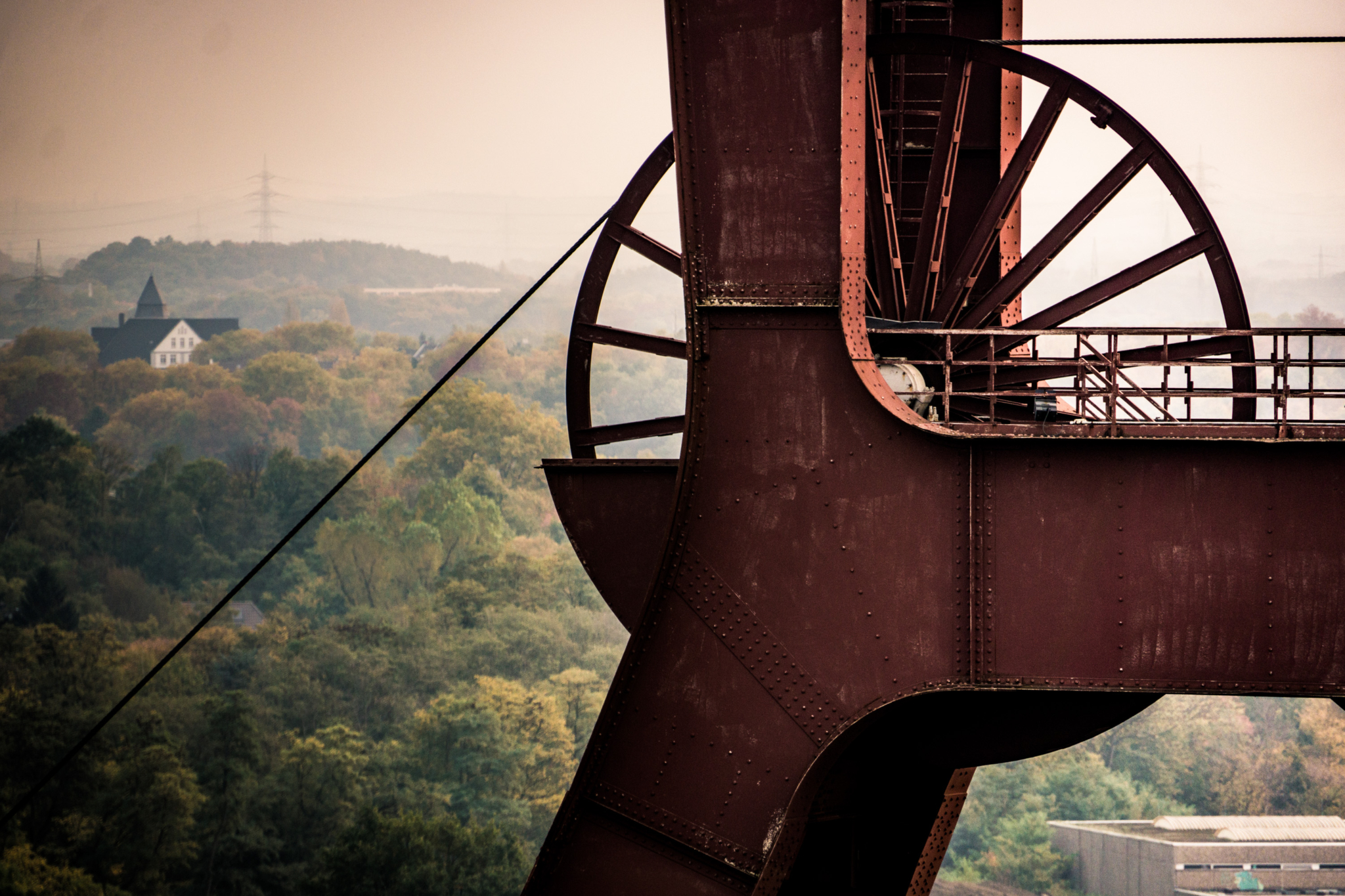RENALDO Project Kick-Off
The RENALDO EUKI project promotes the expansion of initial energy cooperatives in rural areas in Poland. Representatives of the Polish and German Government and the European Commission met for the first steering group meeting.

The first virtual meeting of the steering group of the EUKI project “RENALDO – Rural Development through Renewable Energy Sources” was held on 30 March. The project will be implemented in six selected communities in the regions Podlaskie and Kuyavia-Pomerania in the next few years, financed by the Directorate-General for Structural Reform Support (DG REFORM), the European Commission and the German Federal Ministry for Economic Affairs and Climate Action (BMWK) as part of its European Climate Initiative (EUKI).
The meeting was opened by the Polish State Secretary Anna Gembicka, the German Parliamentary State Secretary Rita Schwarzelühr-Sutter and Kaspar Richter, Head of Sustainable Growth & Business Environment in the European Commission’s DG REFORM.
In her speech, Ms Gembicka emphasised that renewable energies play an important role not only in protecting the climate, but also in developing rural areas. Clean sources of energy create socio-economic advantages for citizens by ensuring that energy supply in the EU member states is diversified and secured. Affordable energy also improves the quality of life for people living in rural areas.

At the meeting, participants discussed project progress to date in addition to the activities planned up until the end of 2021 and the methodological basis of business plans for energy cooperatives. From now on, the steering group will meet regularly once every quarter.
RENALDO
The project supports the development of renewable energies by piloting the establishment of energy cooperatives in rural areas and improving the regulatory framework for further disseminating the cooperative model. To do so, the project team is producing a manual on how to set up energy cooperatives and how they work. The specific expertise of the project partners and the practical experience from implementation in Poland itself are discussed and shared through various workshops and conferences with interested participants from the sector who are involved in the project. The project is supported by Poland’s Ministry of Agriculture and Regional Development and Ministry of Climate and Environment.
The Deutsche Gesellschaft für Internationale Zusammenarbeit (GIZ) GmbH is responsible for the overall project management and works closely with the implementation partners: from Germany the 100 prozent erneuerbar stiftung (‘100 percent renewable foundation’) and from Poland the ACTIVUS Institute of Community Development and the agricultural extension centre in Kuyavia-Pomerania KPODR.
